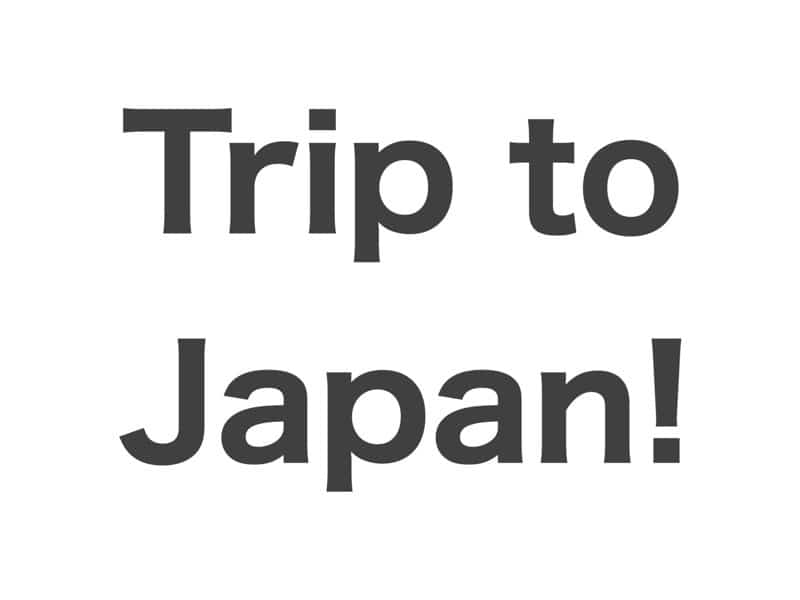I understand everyone is very busy these days, so I’ll keep this brief. Here’s what you should know before visiting Japan!
Greetings
I know in many countries, people shake hands or kiss on the cheeks, but in Japan, we don’t do either of them.
In the Train
Train etiquette is crucial: avoid loud speaking, eating, phone calls, or loud music. Strong food smells can bother others, so it’s best to skip bringing those on board. Similarly, while Japanese use perfume, it’s advised not to overdo it, especially in public spaces like restaurants or cafes. I saw some people saying on the internet that no one sat next to them on the train, and I just thought that person might have had a strong perfume smell or something because we are very used to being in a crowded train, so we don’t really care if people around us are Japanese or foreigners. I am personally sensitive to scents, so I avoid people if they use too much perfume. Respect for others is key on trains.
We also have women-only train cars for safety reasons. So be sure about this when you enter the JR train or subway.
When you are sick
When sick, wearing a mask is common, and loudly blowing your nose in public is seen as impolite. Most people do this in private, like the bathroom.
Using chopsticks
Using chopsticks properly is part of good dining manners.
At the restaurant
In Japan, tipping isn’t customary; saying “gochisosama deshita” after paying is a polite way to end a meal. Some restaurants have a tip box at the cashier, so you can put money if you want.
Cash
Cash is preferred at smaller shops, temples, and shrines. It’s handy to have some on you. If you need to withdraw some money, you can find an ATM at the convenience store.
Shoes manner
And keep in mind, some places require removing shoes. I know sometimes we have holes in our socks, but you need to be careful not to wear them when you are in Japan. If you don’t care, it’s fine, but if you feel embarrassed, I recommend you not to wear socks with holes.
Makeup items
Finding darker shades of makeup in Japanese brands is challenging, and there aren’t many cruelty-free or vegan options from Japanese brands. However, you can find some cruelty-free vegan makeup, typically not of Japanese origin. People often order from iHerb to get some cruelty-free or vegan items.
Vegan food
You won’t see lots of vegan labels in Japan, so for people who can’t read Japanese, it would be very difficult. It’s tricky to identify vegan food without Japanese reading skills. Some seemingly vegan food may contain non-vegan ingredients like fish dashi in dishes or hidden eggs or milk in mochi or rice crackers. Miso soup, Udon, Soba contain fish dashi, so you should be cautious. Street food like yakisoba, okonomiyaki, takoyaki often use non-vegan sauce and may have katsuobushi(dry bonito) on top, so you should be careful with that too.



コメント